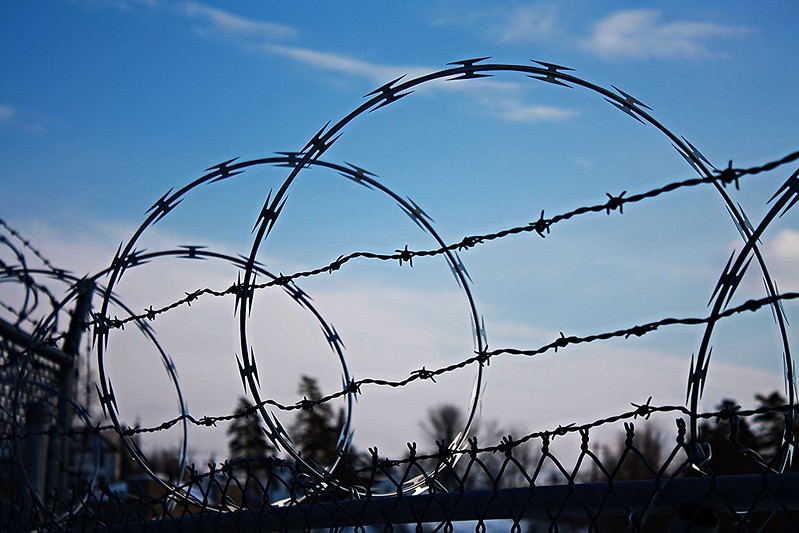
While much of Australia’s response to the COVID-19 pandemic has been based on the advice of health experts, in our overcrowded immigration detention facilities the key recommendation of doctors – to reduce the number of people detained – has been ignored.
Detained asylum seekers are unable to practice the social distancing required to minimise the risks of COVID-19 infection: sleeping in small, shared rooms; eating in overcrowded food halls; sharing bathrooms; and interacting constantly with external staff. Many men and women in detention are at heightened risk of serious illness because they are living with specific comorbidity factors like diabetes, renal conditions, certain cancers and respiratory issues.
The evidence from analogous closed environments like cruise ships, prisons and aged care facilities is clear – even when mitigation measures are put in place, COVID-19 moves quickly and aggressively through the population with potentially catastrophic outcomes. As a result, there remain serious concerns about the immediate risks to detained asylum seekers: and for the potential of an outbreak in detention that would undo the success of our efforts in controlling the virus in the community.
In response to urgent health issues arising for people in immigration detention because of the COVID-19 pandemic, PIAC continues to call on the Commonwealth government to adopt health experts’ advice and transfer people out of held immigration detention into the community.
On 7 May 2020, PIAC filed a group complaint with the Commonwealth Ombudsman for 14 detained asylum seekers in Australian facilities who fear that an outbreak of COVID-19 could prove catastrophic for the detained population, staff and the broader community.
We have asked the Ombudsman to conduct urgent inspections of facilities and investigations into the circumstances of our clients, as well as all detainees, to examine the appropriateness of conditions and adequacy of measures being taken to mitigate and manage the dangers posed by COVID-19 to detainees and staff.
Image: Flickr